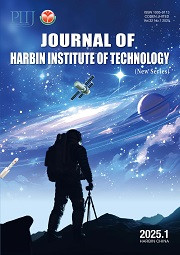|
| Abstract: |
| Long Term Evolution (LTE) has been proposed as an advanced wireless radio access technology to provide higher peak data rates and better spectral utilization efficiency, but the classical scheduling and resource allocation algorithms cannot optimally enhance the system performance due to high computational complexity. In this paper, a re-configurable dual mode delay-aware (CDD) scheduling and resource allocation algorithm is proposed to achieve the joint consideration of scheduling pattern, scheduling priority and quantity of scheduled data. In this study, dual-mode scheduling mechanism is associated with three configurable parameters and the CDD algorithm is involved to guarantee queuing delay with low loss of resource utilization and fairness. The computational cost of the scheduling and resource allocation algorithm is significantly reduced by efficiently utilizing QoS Class Identifier (QCI) and Channel Quality Indicator (CQI) defined by LTE standards. The simulation results based on different application scenarios also represent the computation cost and complexity of scheduling algorithm along with the improved system throughput. |
| Key words: CQI LTE QCI resource allocation scheduling |
| DOI:10.11916/j.issn.1005-9113.2015.01.016 |
| Clc Number:TN929.5 |
| Fund: |






